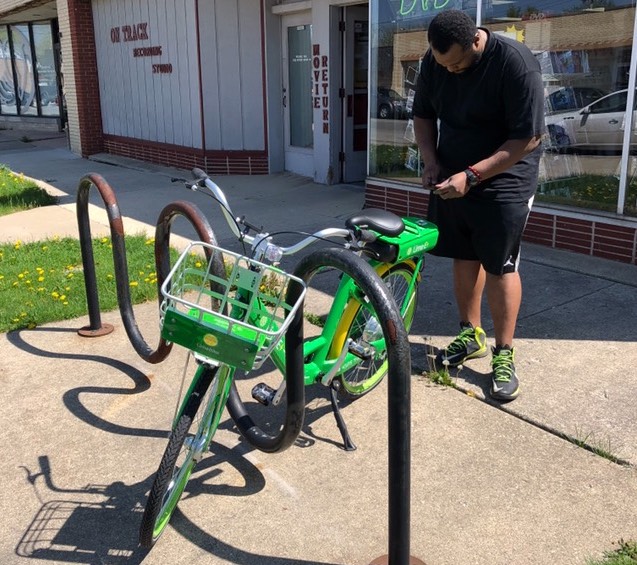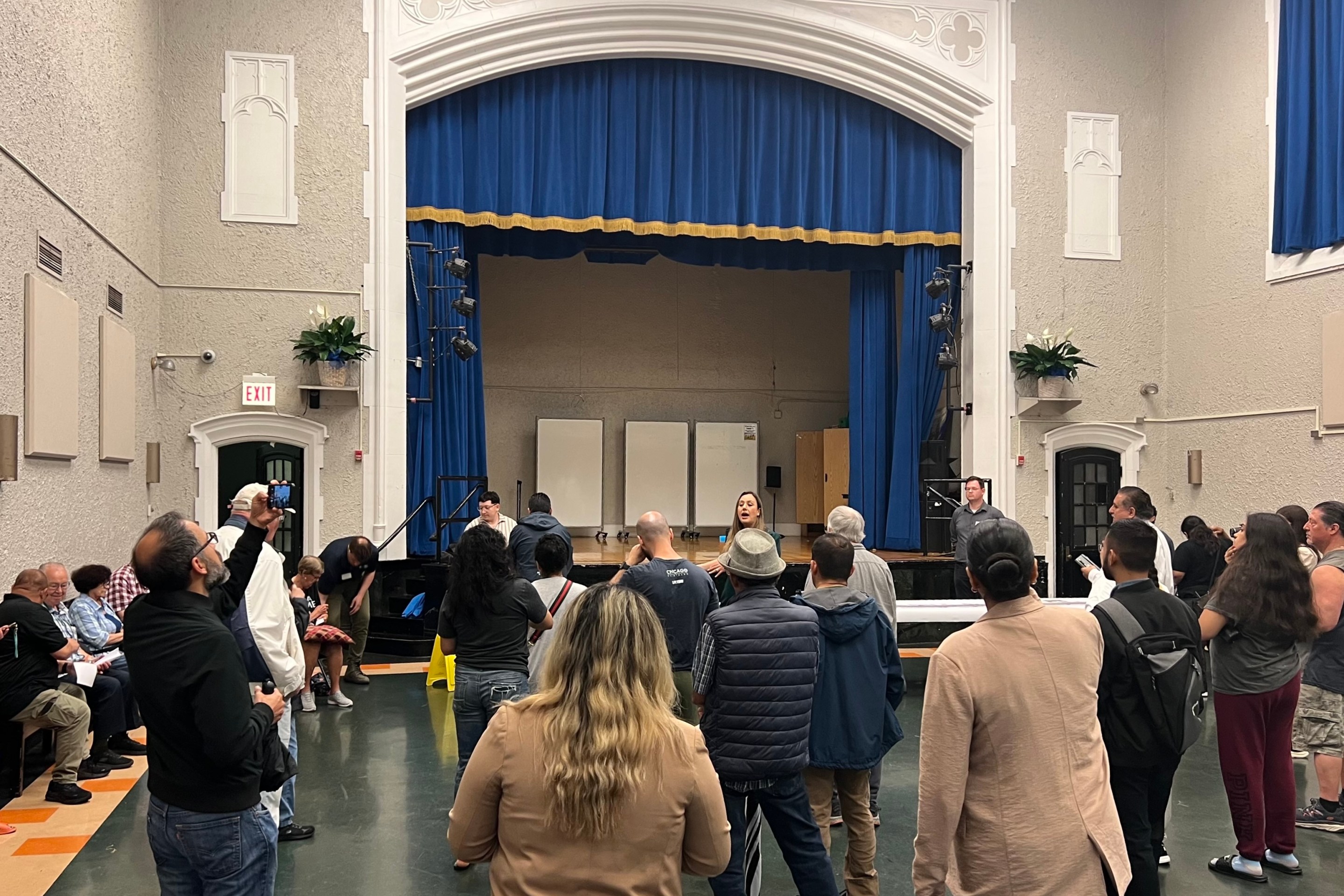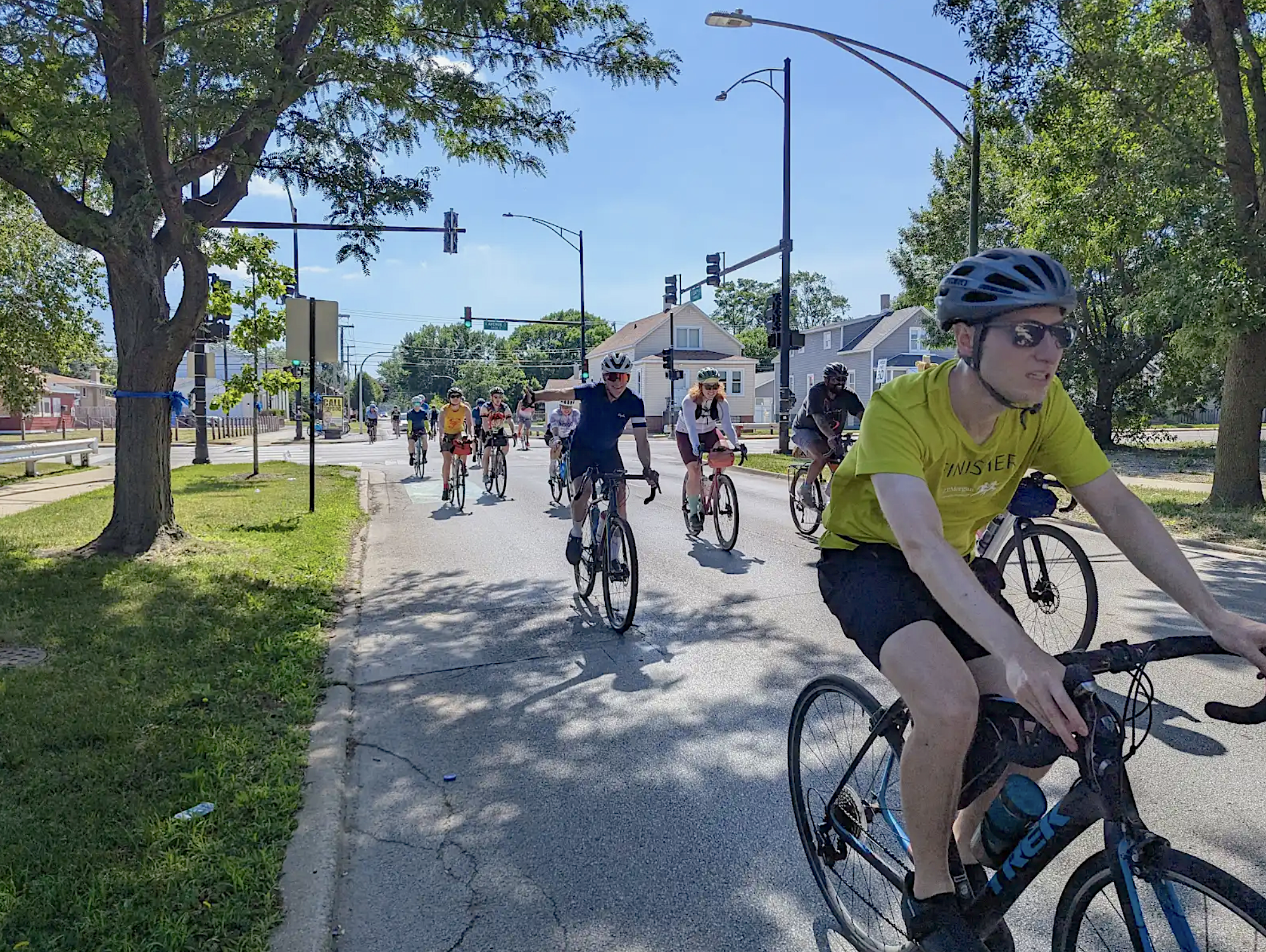Recently I’ve checked in with Ofo and Pace about how Chicago’s dockless bike-share experiment, which started in early May, is going from their perspectives, so now it’s LimeBike’s turn.
According to LimeBike spokeswoman Becky Caroll, the 50 LimeBike electrical-assist bicycles that have been deployed on the Far South Side had seen a total of 1,900 rides by the end of May, or 380 trips per bike. “When you look at those numbers, they’re very much reflective of the kind of success we’ve had in Seattle.” She added that they haven’t seen any cases of theft or vandalism.
Carroll reported that, per the city’s dockless bike-share permitting requirements, LimeBike has been making an effort to hire within the communities the program serves (the coverage area includes almost all of the city south of 79th Street), and 90 percent of the Chicago employees are African-American or Latino. She said that they reached out to West Town Bikes, Equiticity, Slow Roll Chicago, and the Coalition for a Better Chinese American Community to ask for hiring recommendations.
LimeBike reps have also met with upwards of 20 aldermen to discuss Chicago’s dockless program, including the fact that by July 1 – this Sunday -- Chicago will require all DoBi cycles to be “lock-to” models with built-in U-locks or cable locks for securing them to racks or poles. LimeBike’s cycles only have wheel locks, and Carroll indicated that her firm will drop out of the pilot if the city doesn’t get rid of that rule. “It’s kind of hard for a company that’s whole business model is based on [wheel-lock bikes] to make the switch.”
Far South Siders have reported, and the LimeBike app has confirmed, that the company’s fleet has tended to be clustered in Beverly, the most affluent and bike-friendly neighborhood in the coverage zone. That’s despite the fact that the city’s rules require that at least 15 percent of a firm’s bikes be distributed to each of the four quadrants of the pilot area, roughly divided by State Street and 103rd Street, at any one time.
“The challenge is that we only have 50 bikes,” said Jessie Lucci, LimeBike’s Chicago manager. “And in the [southeast quadrant], there aren’t so many safe places to deploy the bikes. Many streets lack sidewalks or have speed limits over 35 mph.”
The small maximum number for wheel-lock bikes (Pace, with lock-to bikes, was allowed to release 250 cycles) also makes it difficult to collect meaningful trip data, added Gabriel Scheer, LimeBike’s director of strategic development. It’s also hard to encourage repeat trips, such as from people’s houses to transit stations, if customer don’t have confidence that there will be a cycle nearby when they need one.
Scheer noted that when Seattle first allowed dockless operators to set up shop, they required a minimum of 500 bikes per company, and that city, with about 725,000 residents, now has about 10,000 DoBi cycles. In contrast, the Chicago pilot area has about 700,000 residents, but a mere 350 total dockless bikes.
The LimeBike reps argued that if Chicago doesn’t relax its lock-to rule and conservative fleet caps, it will lose two-thirds of it’s dockless vendors. Scheer said he’d like to see Chicagoans lobby the city to rethink the permit regulations. “If you like something, you don’t want to see it disappear.”






